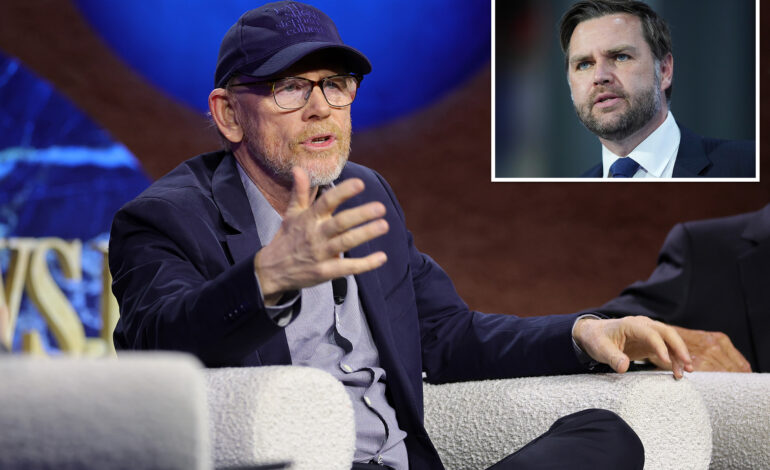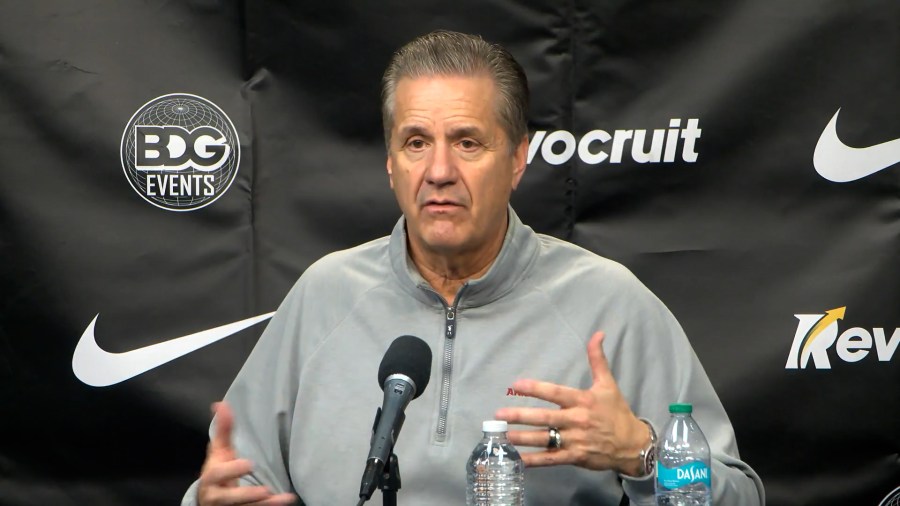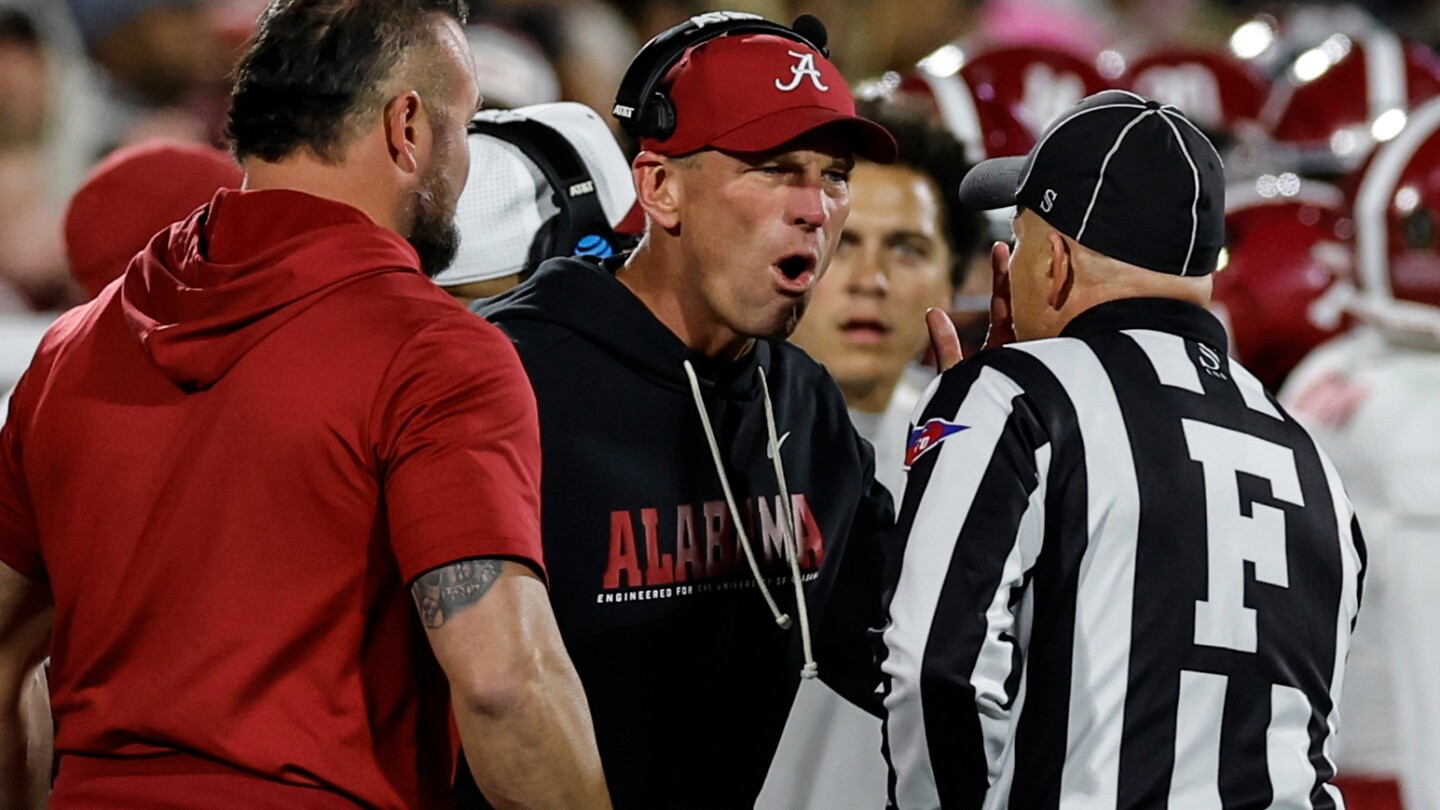Ron Howard Reveals Last Text to Divisive JD Vance Amid Fallout

UPDATE: In a surprising revelation, renowned director Ron Howard has shared the contents of his last text message to JD Vance, vice president and author of the divisive memoir that inspired the film “Hillbilly Elegy.” During an interview with Vulture published on October 18, 2023, Howard expressed his confusion over Vance’s controversial public persona, stating he did not foresee the level of divisiveness associated with Vance’s rhetoric.
Howard’s comments come as the political landscape continues to be polarized, raising questions about the implications of Vance’s statements. “It remains a bit of a surprise to me,” Howard stated. “I would not have seen it coming, and I wouldn’t have expected his rhetoric to be as divisive as it sometimes is.” This reflection highlights the stark contrast between the Vance Howard once knew and the current political figure.
In the candid discussion, Howard revealed the nature of their last interaction: “I did one text, after the election, which was just sort of ‘Godspeed. Try to serve us well,’” he shared. This brief yet poignant message underscores the director’s hopes for Vance’s service amid ongoing public scrutiny.
The film “Hillbilly Elegy,” released in 2020, has garnered mixed reviews, reflecting cultural divisions within the audience. Howard acknowledged the film’s complex legacy, stating, “I know it’s a mixed bag and probably quite culturally divided. I also know that reviews were bad and the audience-reaction rating was pretty good.”
Howard further elaborated on Vance’s reaction to the film, noting that he was “frustrated” by the criticism it received. “He loved Glenn Close’s performance and Amy Adams’s performance and liked the film. And he felt that, just as reviews had kind of turned on the book, his involvement was in some way tainting or coloring the critical response, and he resented it,” Howard explained.
As Vance continues to navigate his role in the political arena, the fallout from his past and present choices remains a topic of intense discussion. This ongoing scrutiny emphasizes the human element behind the political figure, drawing attention to the complexities of his journey from Yale Law student to vice president.
The conversation between Howard and Vulture not only sheds light on Vance’s controversial standing but also invites deeper reflection on the narratives that shape public perception. With the political climate evolving rapidly, this story is likely to resonate with audiences eager to understand the intersections of film, politics, and personal identity.
Keep an eye on this developing story as the implications of Vance’s rhetoric and Howard’s reflections continue to unfold.






